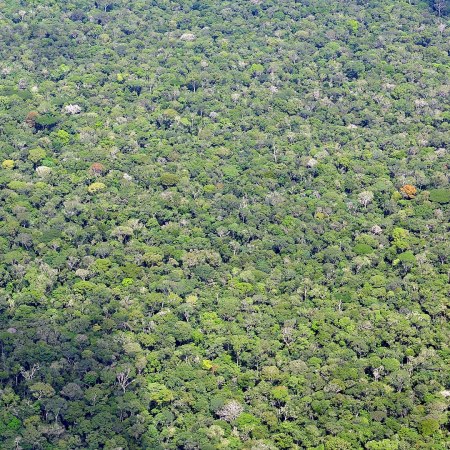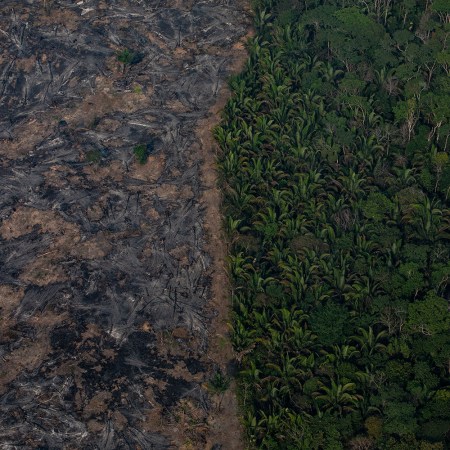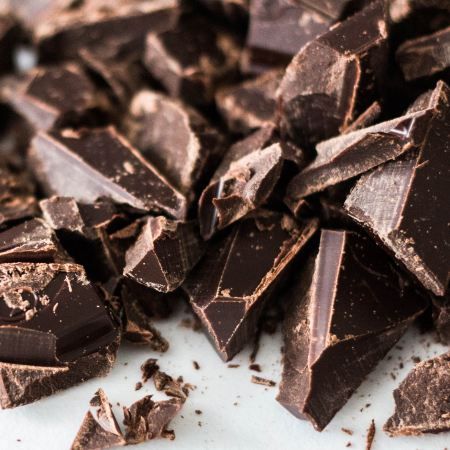As the temperature rises and summer looms, cooking outdoors is on a number of people’s minds. Grilling has a long-standing appeal; it’s also perfect for an outdoor gathering, which is a very safe option in these pandemic times. And the results of a good grilling session are also undeniably tasty. But there’s something less pleasant to consider when you ready your grill for the summer of 2021 — what you’re using for fuel. A new report issues a warning about one of the most ubiquitous products used in modern grilling.
That would be charcoal. And, apparently, demand for charcoal has gotten so great that it’s having a sharp effect on forests in Nigeria. That’s the takeaway from a blockbuster new article by Chikezie Omeje at The New Republic.
Omeje’s article contains a host of unsettling statistics, leading with one blockbuster figure — Nigeria’s forest area dropped by almost 50% from 2007 to 2017. The country’s government stopped issuing permits allowing charcoal to be exported; even so, trade in it continued — in some cases, to companies unaware that the charcoal they’re receiving is, technically speaking, illicit.
A complex and sometimes contradictory set of international regulations has further clouded the waters here, as does the practice of shipping charcoal from Nigeria through other countries before it arrives at its final destination. “The fact that tracking charcoal export is this complicated may help explain why charcoal rarely comes up in global climate change conversations, despite the danger the trade poses to tropical forests,” writes Omeje.
The deforestation Omeje describes in Nigeria and throughout Africa as a whole has caused adverse effects on the continent’s forests, which absorb copious amounts of carbon. It’s an alarming situation, and its difficulty to quantify only makes it more troubling.
Thanks for reading InsideHook. Sign up for our daily newsletter and be in the know.


















